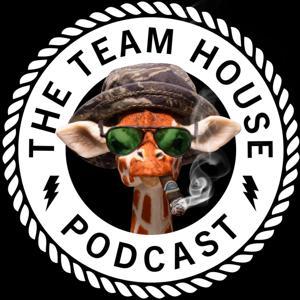In this episode of the PFC Podcast, Dennis and John Dominguez discuss the complexities of combat medicine, the challenges faced by military medics, and the importance of professionalizing the medical force. They explore the balance between training and operational readiness, the role of paramedic certification, and the lessons learned from historical conflicts. The conversation emphasizes the need for effective mentorship, resource management, and the integration of lessons from global conflicts to enhance the capabilities of military medics in future engagements.
Takeaways
The professionalization of military medics is crucial for future conflicts.
Training for medics must balance time constraints with skill requirements.
Paramedic certification may not fully prepare medics for combat situations.
Tactical medicine requires a unique skill set that differs from civilian practices.
Mentorship plays a vital role in developing competent medics.
Resource management is essential for effective medical care in combat.
Lessons learned from past conflicts can inform current medical training.
The importance of mastering the basics cannot be overstated.
Combat medicine is a problem within the tactical mission framework.
Future conflicts will require innovative approaches to medical care.
Chapters
01:04 Professionalizing the Medical Force
05:16 Challenges in Combat Medicine Training
10:51 The Role of Medics in Future Conflicts
15:34 Paramedic Certification in Military Medicine
19:05 The Importance of Tactical Medicine
23:34 Lessons from Historical Conflicts
27:56 Mentorship and Leadership in Medical Training
32:59 The Balance of Skills and Time in Training
39:39 The Future of Combat Medicine
45:55 Integrating Lessons Learned from Global Conflicts
51:14 The Importance of Resource Management in Medicine
55:53 Final Thoughts on Medical Training and Readiness
For more content, go to www.prolongedfieldcare.org
Consider supporting us: patreon.com/ProlongedFieldCareCollective or www.lobocoffeeco.com/product-page/prolonged-field-care




































